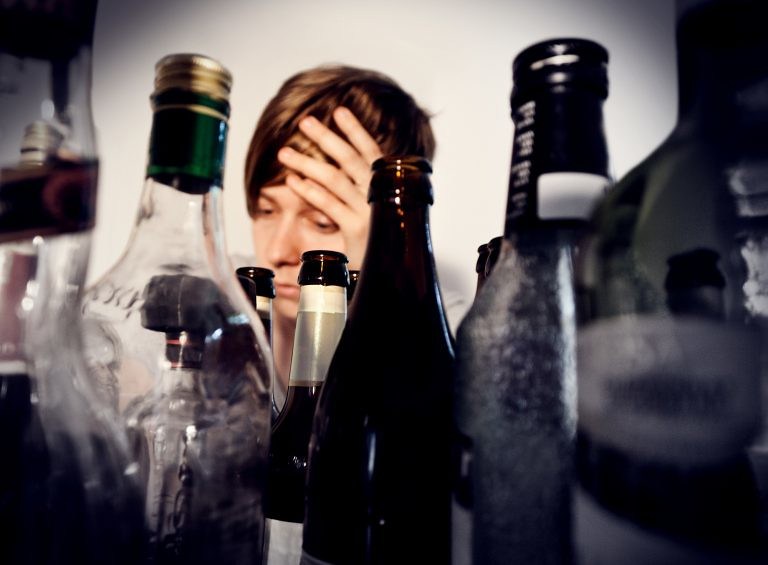One in five Flemish people drank more alcohol during the lockdown, and that figure is even higher among highly educated people, according to figures by the Flemish Alcohol and Other Drugs Expertise Centre (VAD).
The Expertise Centre surveyed 1,000 people in Flanders about their alcohol use during the lockdown. For people with a degree in higher education, the percentage of those surveyed who started drinking more during the lockdown climbs up to 28%. Among Flemish people who do not have a higher education degree, this is only 17%.
"People with a higher education generally drink more, we learned that from other surveys in the past. But we now see that in these exceptional circumstances they have even started drinking a little extra," said Katleen Peleman, director of VAD.
However, about a quarter of respondents indicated that they drink less, and the group of people that generally drinks 20 glasses or more per week has decreased slightly as well.
More than a third of respondents have consciously monitored their own alcohol consumption. "We hope that this experience will stay in people's head, and that we as a society will take another step in dealing with alcohol more responsibly," the centre added.
Related News
- Picnicking in the park allowed again from Monday
- Coronavirus: 21 hospital admissions, 89 discharged in Belgium
- Coronavirus: 'illegal' to make client registers mandatory in bars and restaurants
Apart from the level of education, there are also clear differences between age groups. Of the 35-54 age group, 27% said they drank "a little more" or "a lot more" alcohol during the lockdown than before. Among 18 to 34-year-olds, the percentage that started drinking more was 19%, and 17% for people over 55.
The people who have started drinking more during the lockdown often struggle with negative emotions such as stress, loneliness, boredom or family-related tension.
"We associate drinking with going to a pub or social moments with family and friends. On the other hand, there is also a lot of drinking at times when people are alone at home," said the Alcohol and Other Drugs Expertise Centre.
"Unfortunately, for some people, a drink is also a way to numb negative emotions. That's cause for concern, because it can be a harbinger of problematic drinking," it added.
Maïthé Chini
The Brussels Times

